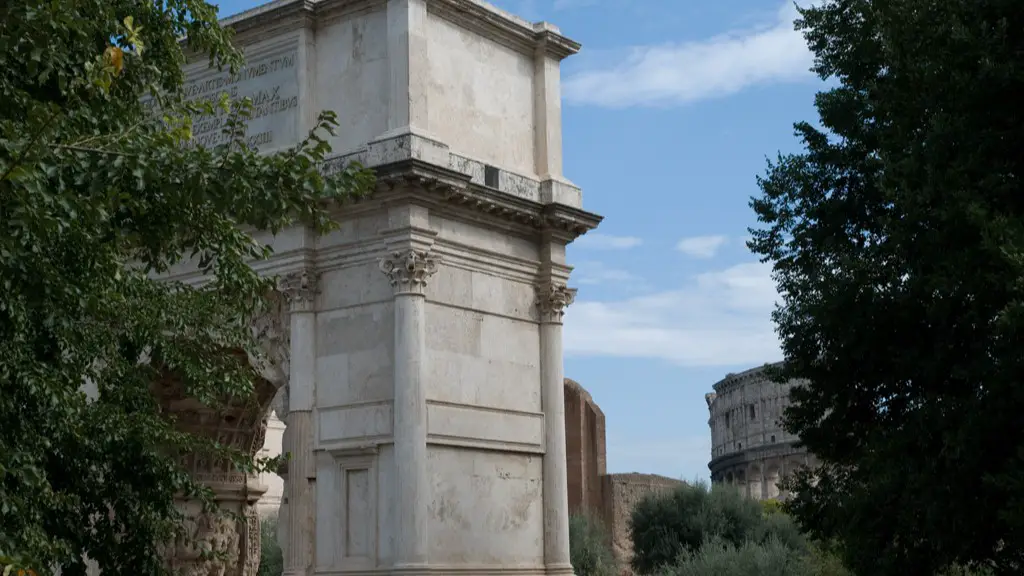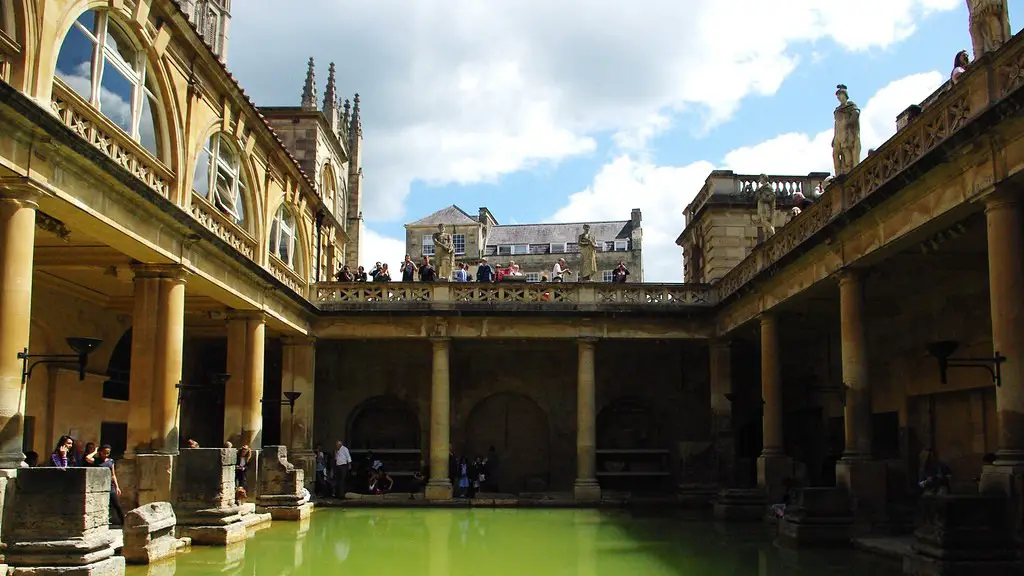The ancient Romans used Latin as their main language. It is a language that was used throughout the Roman Empire and is still used today in some parts of the world. Latin was used in all aspects of life, including politics, literature, and warfare. The Roman Senate used Latin to discuss and pass laws. Latin was also used in the military to communicate orders and strategies.
The Roman Empire primarily used Latin for official communications. Other languages were likely also spoken by various groups within the empire but Latin was the language of the government and is the language that most imperial documents are written in.
What was the Latin language of ancient Rome?
It is interesting to note that the language of Cicero and Virgil, Classical Latin, became “dead” after its form became fixed. This is in contrast to Vulgar Latin, the language most Romans ordinarily used, which continued to evolve as it spread across the western Roman Empire, gradually becoming the Romance languages.
Latin began to die out in the 6th century shortly after the fall of Rome in 476 AD. The fall of Rome precipitated the fragmentation of the empire, which allowed distinct local Latin dialects to develop, dialects which eventually transformed into the modern Romance languages.
When did Rome start using Latin
Latin is a language spoken by several thousand people in and near Rome in the 6th century BC. It is the earliest known Latin inscription, on a pin, which says “Manios me fhefhaked Numasioi”, meaning “Manius made me for Numerius”. Only a few other inscriptions predate the 3rd century BC.
During Ancient Rome, Latin was the main language used for writing. Greek was also a popular language because it was used by so many people in the eastern portion of the Roman empire.
Why did Romans stop speaking Latin?
It is interesting to note that Latin essentially “died out” with the fall of the Roman Empire. In reality, it transformed first into a simplified version of itself called Vulgar Latin, and then gradually into the Romance languages: Spanish, French, Italian, Portuguese and Romanian. Thus, Classical Latin fell out of use. It is interesting to see how a language can change and evolve over time.
Latin was the language of the Roman Empire, but it was not the only language spoken in that vast territory. Other languages spoken in the empire included Greek, Oscan and Etruscan. This linguistic diversity gives us a unique perspective on the ancient world.
Could Jesus speak Latin?
There is no direct evidence that Jesus spoke Latin, and the chances are slim that he did. The historical Jesus probably spoke Greek, as that was the lingua franca of the eastern Roman world. He could have picked up a few words of Greek from traders plying its caravan routes.
Modern Italian is a Romance language that developed from Vulgar Latin in the late Middle Ages. Italian is a descendant of the Latin language, which was the official language of the Roman Empire. After the fall of the Roman Empire, Latin continued to be used for most written communications, but a different version of the language, Vulgar Latin, became more commonly spoken by the average person in parts of Italy. Vulgar Latin eventually led to the development of Classical Italian.
Why doesn t Italy speak Latin
It is interesting to note that the languages spoken in Europe today are a mix of the indigenous Latin and the languages of the barbarian invaders. Over time, these languages have slowly merged and evolved into the modern languages we know today. This is a testament to the power of language to adapt and change over time.
When Dante wrote his work, the dialect he used replaced Latin as the language of culture. This means that modern Italian descends from the 14th-century literary Florentine dialect.
When did Italy stop speaking Latin?
It is interesting to note that Latin really became a dead language around 600-750AD. This is in line with the diminishing Roman Empire where few people could actually read, and the Italian, French and Spanish spoken language was rapidly evolving. It is fascinating to think about how different the world would be if Latin had not become a dead language!
Greek is a fascinating language- it is both ancient and modern. It is the oldest recorded Indo-European language, and it is still spoken by over 13 million people today. It has had a significant impact on Western culture, and it is the official language of Greece and Cyprus.
Did Julius Caesar speak Latin or Greek
Although Julius Caesar is known as a great Roman leader, it is interesting to note that he spoke mainly Greek, according to the 1st century CE Roman historian Suetonius. This was apparently not unusual for patricians at the time.
Pope Francis has stated that the historical Jesus probably spoke a Galilean dialect of Aramaic. Aramaic was a common language in the Middle East at the time of Jesus and was likely the lingua franca, or common language, of the region. Scholars and historians agree with Pope Francis on this point.
Did Rome invent Latin?
Latin was the language of the Roman Empire. It was spoken throughout the Italian region and had a great deal of influence on the development of modern European languages. Latin was also the language of the Roman Catholic Church and was used in Church documents and services.
It is very hard for native Italians speakers to understand a Latin text if they haven’t studied the language. They may be familiar with some Latin proverbs, but not the language.
Final Words
Yes, Ancient Rome used Latin as its official language.
It is not known for certain if ancient Rome used Latin, as there is no written record of this. However, it is plausible that they did use Latin, as it was the language of the time period and was spoken in the area around Rome.



